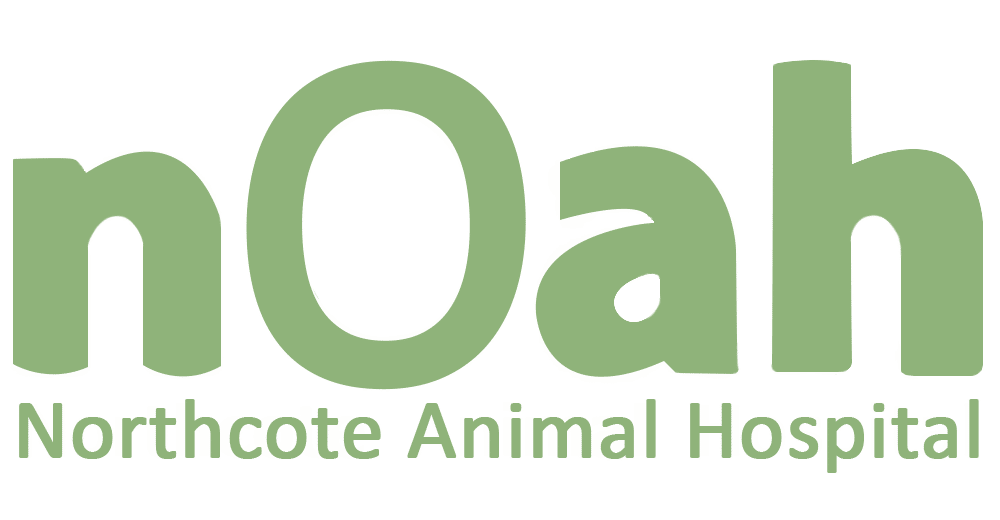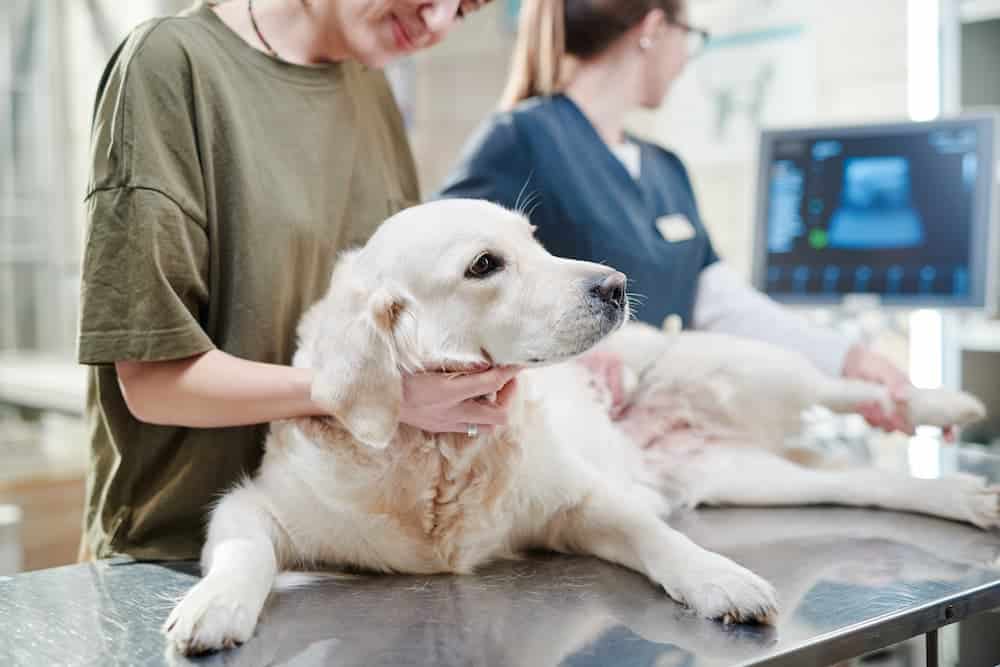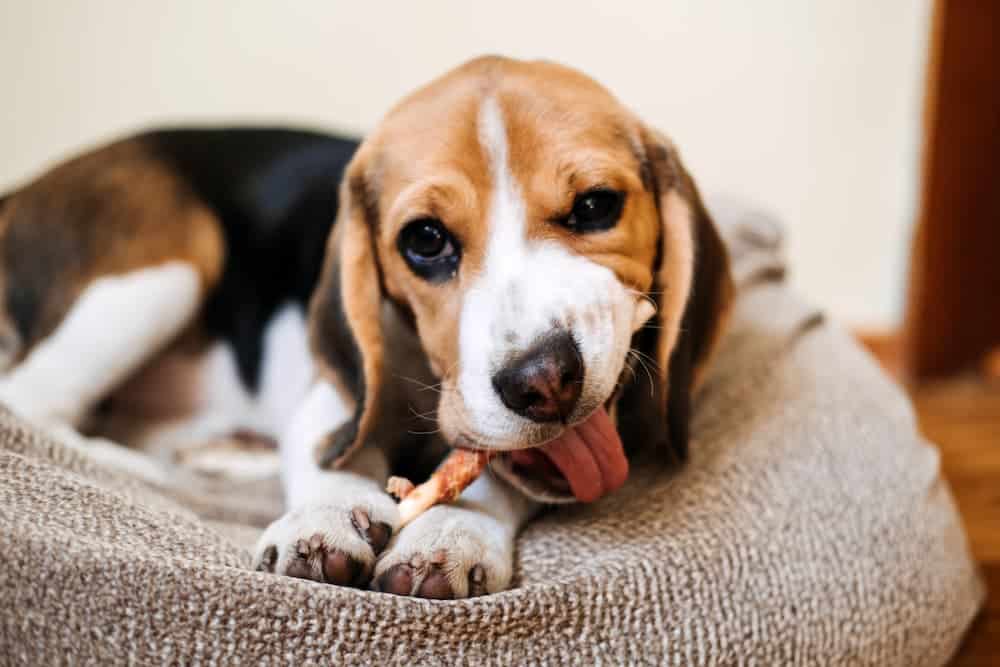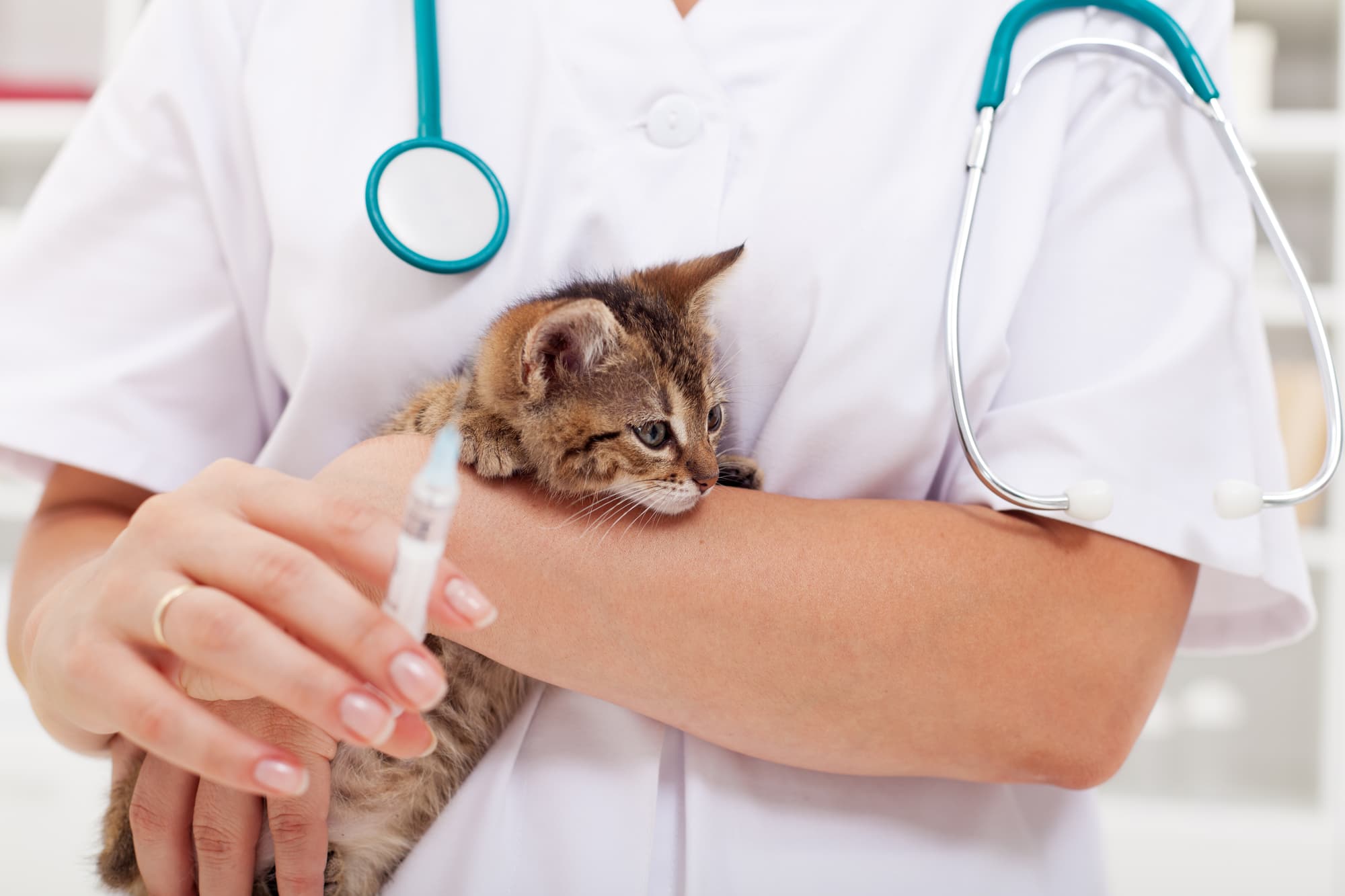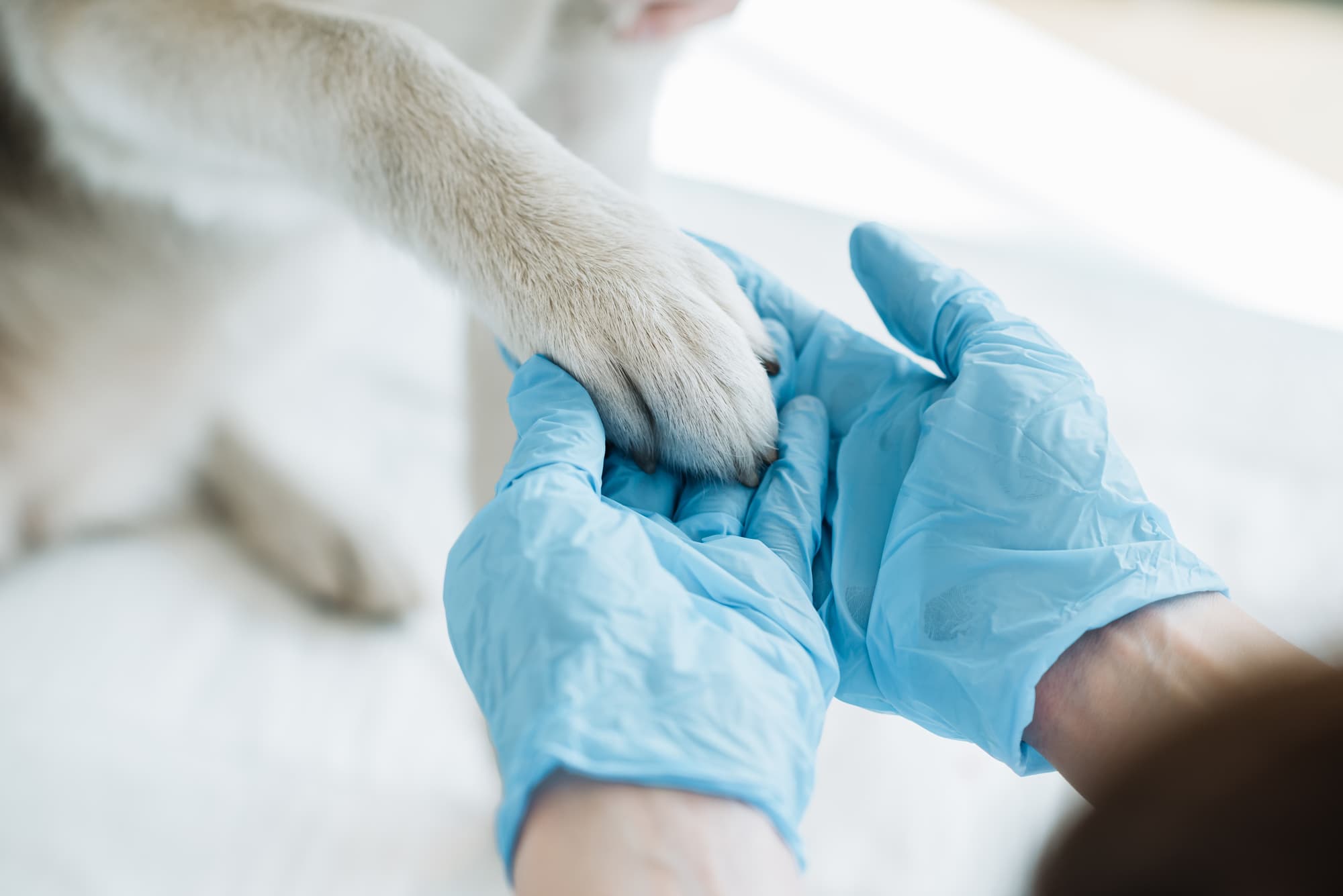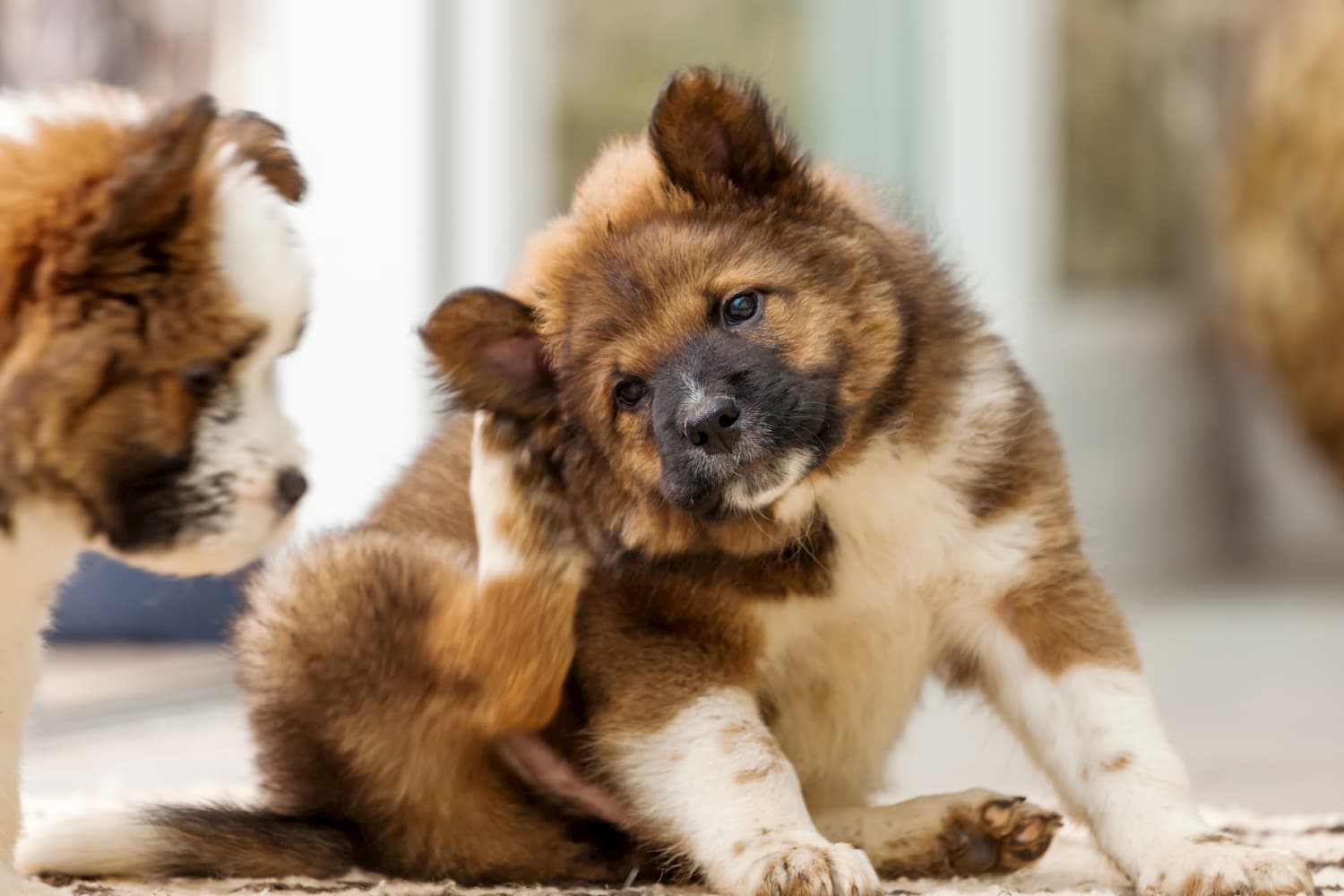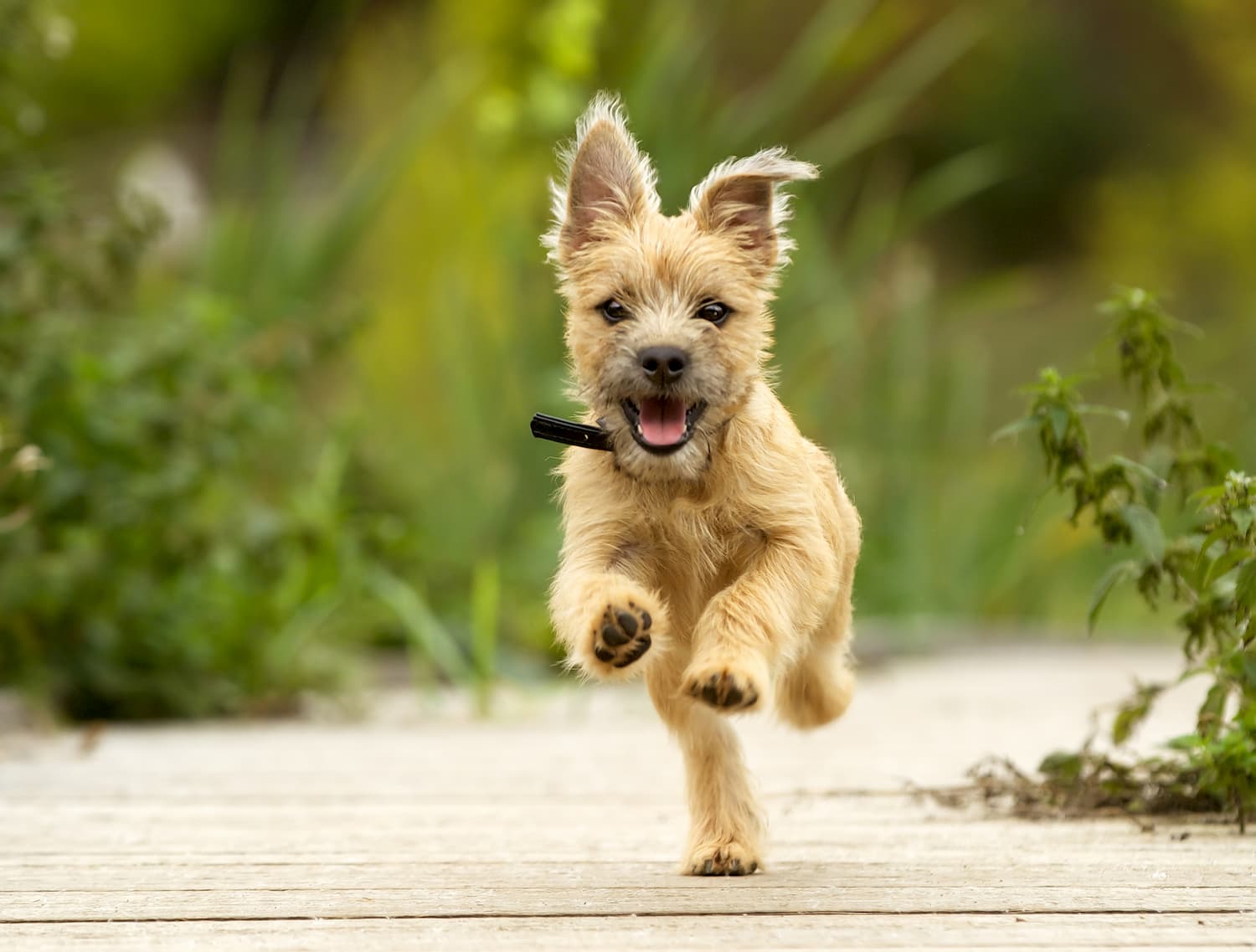Most dogs love to eat! Generally speaking, they’ll eat just about anything you put down in front of them, and often, even food that you don’t put down in front of them. So, it’s up to dog owners to monitor what their dogs eat, ensuring that they don’t ingest anything that they shouldn’t.
Our list of ‘what not to feed dogs’ is intended to be a general guide. Every dog is different and, just like humans, certain dogs have allergies that need to be taken into account when planning their diet.
So, to make sure your pooch is enjoying the right diet and not suffering due to poor food and beverage choices, here’s our A to Z list of all the foods not to feed your dog.
- Alcohol: This one seems obvious, but you should never unwind with your pooch over a bottle of Pinot. Alcohol can drive up acidity levels in your dog, affect their breathing and even lead to coma and death.
- Apples: Apples themselves aren’t bad for your dog but apple seeds release cyanide when they’re ingested by your dog. So, if your dog loves a Granny Smith make sure you core and de-seed it before giving it to them.
- Avocado: Full of healthy fats, these wonderful balls of natural cream are great for humans. But, in dogs, they can cause heart congestion, diarrhoea and vomiting.
- Cooked Bones: You should only ever give your dog raw bones. Cooked bones are too soft, so when your dog chews them they can splinter and cause huge problems.
- Cat Food: Cat food is designed for the particular nutritional needs of cats, which are vastly different to those of dogs. The levels of fat and protein in cat food is too high for your dog, so be sure not to get them mixed up.
- Chocolate: This isn’t an urban legend. Chocolate really isn’t good for dogs. The theobromine and theophylline can be extremely toxic and lead to diarrhoea, vomiting, excessive panting and even damage to your dog’s nervous system and heart. The caffeine in chocolate can also cause severe damage, which is why coffee is on the ‘do not feed’ list as well.
- Corn on the Cob: Too many corn kernels can create problems in your dog’s digestive tract. Your dog is also likely to swallow the cob whole and, as the cob can’t be digested, it often has to be surgically removed from your dog’s intestine.
- Dairy: All dogs are lactose intolerant so avoid dairy altogether.
- Fat: Your dog probably loves it when you throw them the fat off your meat. This is ok for a very occasional treat but excess fat consumption leads to upsets of the gut and pancreatitis.
- Grapes and Raisins: This one is on the same level as chocolate. The toxin in grapes can severely damage your dog’s kidneys. The mechanism and dose causing toxic effects is unknown so no amount of grapes or raisins is safe for dogs.
- Offal: Offal, especially liver, contains a large amount of Vitamin A. Offal is great for your dog in small amounts but if it becomes the primary source of nutrition the excess Vitamin A will damage your pup’s bones and muscles.
- Macadamia Nuts: These tasty little nuts can have a devastating effect on your dog’s health. Some of the problems include weakness, swollen limbs, tremors and damage to the nervous, muscle and digestive system.
- Onions, Garlic and Chives: All members of the allium family, including garlic and shallots, contain disulphides and sulfoxides which can lead to anaemia and red blood cell damage. Make sure you check food for these foods in powdered form as they can be just as harmful as cooked, dry and raw alliums.
- Peaches and Plums: The pits inside these fruits are a choking hazard. Like apple seeds, they also contain compounds that turn into cyanide when ingested. If you live in an area with any of these trees, you need to consider fencing them off or chopping them down because if your dog keeps eating them it could cause a serious problem.
- Salt: Excess salt is bad for dogs just like it’s bad for us. Monitor your dog’s salt intake to ensure they lead a long and healthy life.
- Sugar: This is the same as salt, you need to monitor your dog’s sugar levels to prevent obesity, dental issue and diabetes. Look out for high-fructose corn syrup in your dog’s food, this is a form of sugar and its very common in cheap forms of dog food.
- Yeast: In mild cases the consumption of yeast, even in dough form will cause discomfort and gas. In severe cases, it can lead to a rupture in your dog’s stomach and intestines so it’s best to remove bread from your dog’s diet.
If your dog accidentally finds its way into your bin, cupboard, or fruit bowl and eats any of the aforementioned foods, then it’s best to seek veterinary attention as soon as possible for the proper treatment.
Avoid all the foods on this list and you’ll go a long way towards giving your dog the kind of diet it needs to be bouncy, energetic and live life to the fullest. If you need information on what you should feed your dog read What Sort of Food Is Best For My Pooch.
